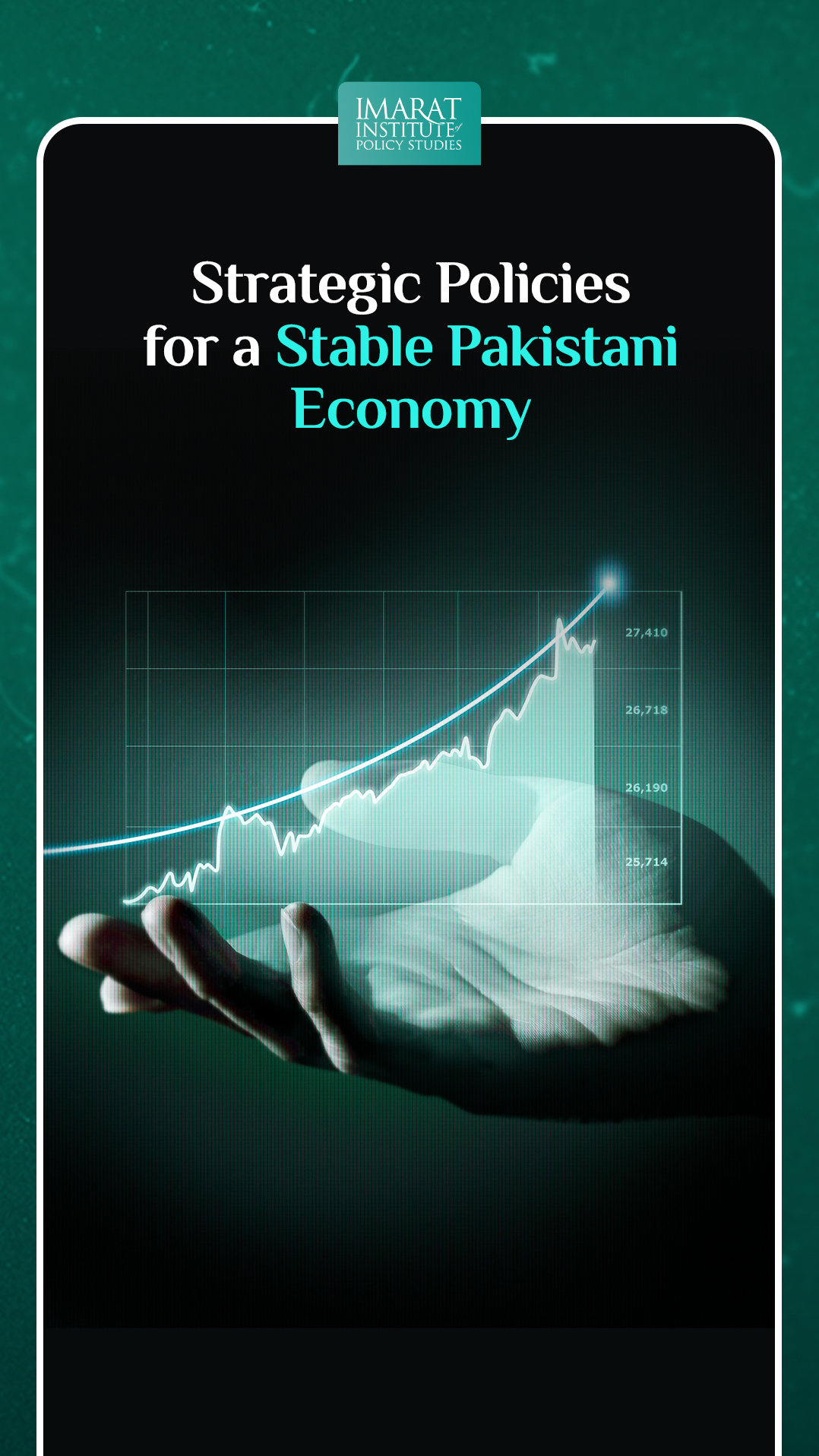In the intricate tapestry of global economics, Pakistan’s economy stands out for its resilience in the face of multifaceted challenges. From navigating fiscal deficits to managing inflation and stimulating growth, the strategic direction Pakistan takes can significantly influence its economic stability and future prosperity. This detailed analysis explores the strategic policies crucial for fostering a stable and robust Pakistani economy, examining key areas including fiscal responsibility, monetary policy, trade diversification, and investment in human capital.
Embracing Fiscal Responsibility
At the heart of economic stability is fiscal responsibility, a principle that necessitates prudent government spending, efficient tax collection, and a sustainable debt management strategy. Pakistan has historically grappled with high fiscal deficits, a situation exacerbated by substantial debt servicing costs and a narrow tax base. A strategic shift towards broadening the tax net, coupled with the implementation of progressive taxation, can generate essential revenues without placing undue burden on the lower and middle-income segments of society.
Simultaneously, rationalizing public expenditure to prioritize investments in infrastructure, education, and healthcare can ensure that government spending directly contributes to economic growth and social welfare. Moreover, a transparent and accountable framework for debt management, focusing on reducing reliance on short-term borrowing, is critical for fiscal sustainability.
Prudent Monetary Policy
Monetary policy plays a pivotal role in ensuring economic stability, influencing inflation rates, and affecting the cost of borrowing. In the context of Pakistan, a prudent monetary policy approach involves a careful balance between controlling inflation and supporting economic growth. The State Bank of Pakistan (SBP) must continue to monitor domestic and international economic conditions, making adjustments to interest rates as necessary to maintain price stability while also encouraging investment and consumption.
Furthermore, enhancing the independence of the SBP can ensure that monetary policy decisions are made based on economic indicators and best practices, rather than short-term political considerations. This independence is crucial for maintaining investor confidence and ensuring consistent policy implementation.
Trade Diversification and Export Growth
For a country like Pakistan, whose economy benefits significantly from trade, diversification of exports and markets is a strategic imperative. Currently, the economy relies heavily on a limited range of export products and a few key markets. Diversifying both the export basket and destination markets can mitigate risks associated with demand fluctuations in international markets and global economic downturns.
Investing in sectors with high growth potential, such as information technology, pharmaceuticals, and value-added textiles, can broaden Pakistan’s export base. Additionally, enhancing trade facilitation measures, improving logistic networks, and entering into strategic trade agreements can open new markets for Pakistani products, driving export-led growth.
Investment in Human Capital
The foundation of a stable and prosperous economy is its human capital. Investing in education, healthcare, and skill development is paramount for Pakistan to harness its demographic dividend and build a workforce capable of driving economic growth in the 21st century. Focused investments in quality education, particularly in STEM (Science, Technology, Engineering, and Mathematics) fields, can equip the youth with the skills needed for the jobs of tomorrow.
Moreover, improving healthcare infrastructure and access can ensure a healthy workforce, reducing productivity losses due to health-related issues. Initiatives to promote vocational training and lifelong learning can also enhance employability and support the transition towards a knowledge-based economy.
Fostering Innovation and Technological Advancement
In the digital age, innovation and technology are the engines of economic growth. Policies that encourage research and development (R&D), support startups, and facilitate the adoption of new technologies can spur innovation across industries. Establishing technology parks, providing tax incentives for R&D investments, and creating a supportive regulatory environment for startups are strategic measures that can accelerate technological advancement and economic diversification.
Furthermore, enhancing digital infrastructure, including widespread internet access and digital literacy programs, can unlock the potential of the digital economy, promoting entrepreneurship, and creating new job opportunities.
Conclusion
For Pakistan, the path to a stable and prosperous economy is paved with challenges but also brimming with opportunities. By adopting strategic policies centered on fiscal responsibility, prudent monetary policy, trade diversification, human capital investment, and fostering innovation, Pakistan can navigate the complexities of the global economic landscape. The journey ahead requires not just visionary policymaking but also steadfast implementation, collaboration across sectors, and the resilience to adapt to changing economic conditions. With a strategic approach and a focus on long-term sustainability, Pakistan can achieve economic stability and set the stage for future prosperity.
This article is written by Radma Nouman. Radma is a research analyst at the Iqbal Institute of Policy Studies (IIPS).



Leave a Reply